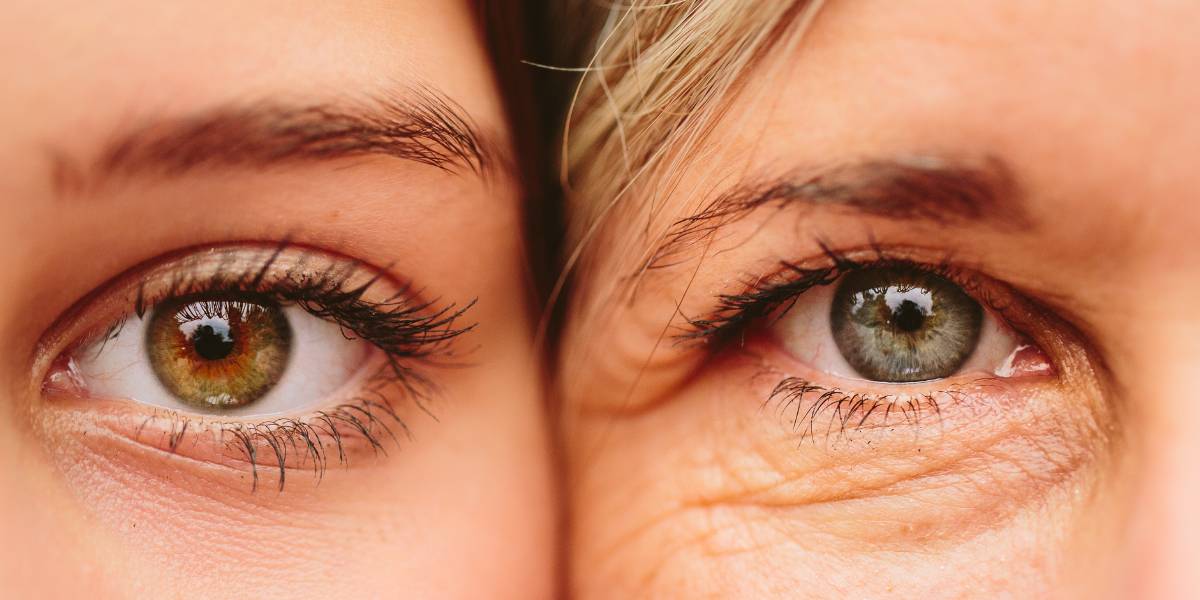People using diabetes drugs to lose weight are more at risk of experiencing facial ageing compared to those not using certain diabetes medications, doctors have warned.
A team of academics have found that the injectable prescription medications Ozempic and Mounjaro can cause serious side effects, such as accelerated ageing.
Jennifer Berger, 41, started injecting Mounjaro – otherwise known as Tirzepatide – after she had given birth.
By using the drug, the 41-year-old lost 20 pounds in 12 weeks; however, her face aged significantly, making her look unrecognisable.
- TikTok influencer describes weight gain after quitting Ozempic
- TikTok trends are causing another shortage of diabetes drug Ozempic
She said: “I remember looking in the mirror, and it was almost like I didn’t even recognise myself. My body looked great, but my face looked exhausted and old.”
Dermatologist Dr Paul Jarrod Frank said: “A 50-year-old patient will come in, and suddenly, she’s super-skinny and needs filler, which she never needed before. I look at her and say: ‘How long have you been on Ozempic? And I’m right 100 per cent of the time. It’s the drug of choice these days for the one per cent.”
Fellow dermatologist Dr Dhaval Bhanusali said: “We are seeing more and more patients on the medications coming in.
“Generally, it’s people in their 40s and 50s who are losing significant amounts of weight and are concerned about facial ageing and sagging that occurs as a result.”
Plastic surgeon Dr Oren Tepper noted: “When it comes to facial ageing, fat is typically more friend than foe. Weight loss may turn back your biological age, but it tends to turn your facial clock forward.”
According to the dermatologists, people with facial ageing can try to reverse the condition by using injection fillers, but this is extremely expensive.
However, fillers may not be able to restore volume in the face if somebody has lost weight quickly.
- Semaglutide: A Guide to the “Wonder” Weight Loss Drug
- Size of your meal is more effective for weight loss than fasting, research shows
Dr Tepper added: “Individuals using the drugs to lose weight often do not realise the impact it will have on their face, and that, for many, the sudden weight loss is like winning a lottery Mega Millions. But then they realise there’s a tax that comes with it – the loss of fat in the face – so it may not be quite the windfall they imagined.”
Dr Joshua Zeichner, a board-certified dermatologist and director of cosmetic and clinical research in dermatology at Mount Sinai Hospital in New York City, noted: “Weight loss, whether it is from diet, exercise, surgery, or a medication, takes toll on your face.
“Fat in the face helps us maintain a naturally youthful appearance. When you lose facial fat, the face often appears gaunt and skeletonised.”
Diabetes medications such as Ozempic and Semaglutide can also cause other side effects, such as diarrhoea, fatigue, constipation, indigestion, nausea, vomiting, headache, abdominal pain, digestive disorders and dizziness.
People using Ozempic are also at an increased risk of developing thyroid tumours, vision complications, cancer, pancreatitis and kidney and gallbladder problems, the study has reported.




